Photographs: Danish Siddiqui/Reuters K J M Varma
A study pointing that the pollution levels in New Delhi is worse than that of Beijing may have been quoting the data from the worst period of the year but the air quality in Indian cities is progressively getting worse, United Nations climate change chief Rajendra Pachauri said on Tuesday.
"We also have to allow the fact that there are variations in the composition of PM 2.5 in the atmosphere which varies from season to season. It may very well be the study they are quoting is that of the worst period during the year," he told the media in Beijing at a pre-launch function of the report on the India-China Low Carbon Study.
But at the same he said the situation is progressively getting worse in Delhi and Bangalore and even in second rung cities such as Ludhiana.
...
'Pollution levels in Indian cities progressively getting worse'
Image: A policeman controls traffic on a busy road in MumbaiPhotographs: Punit Paranjpe/Reuters K J M Varma
"Frankly I have to look at the numbers to be able to comment. All I can say it is getting progressively worse," he said responding to questions on a study by Yale University stating that Delhi's air quality is worse than that of Beijing, which is battling out worst polluted smog considered to several higher than the levels prescribed by the World Health Organisation.
Pachauri, chairman of the United Nations Intergovernmental Panel on Climate Change, was co-recipient of the Nobel Peace Prize with former US vice president Al Gore in 2007.
The Yale data was contradicted by officials in Delhi who contradicted it citing data of their own obtained from monitoring stations on the ground. About the quality of the data provided by the officials in Delhi, he said, "There are gaps in Delhi data. It is an issue needs to be investigated. We are taking about imperfect and inadequate information, we should need to get into this."
...
'Pollution levels in Indian cities progressively getting worse'
Image: Buildings are seen shrouded in heavy haze at Qingdao development zone, Shandong province.Photographs: Stringer/Reuters K J M Varma
The ministry of environment should commission two or three institutions to carry out detailed assessment of the situation and what are the drivers of things making this is worse and future policy making, he said.
On the debate about the safety of the nuclear power plants, he said, "Frankly we have to demystify nuclear energy. People have to have make decision. In a democracy you cannot ignore that aspect." He ducked the question whether he is for the nuclear energy or not saying that "one has to be cautious. I would not say close your eyes let us go ahead with nuclear power".
"Nuclear energy is not a panacea to solve all our problems. We are little glib about it," he said. He was answering questions abut China's plans to build 28 nuclear power plants which are under various stages of construction.
Asked about what India can learn from China, he said both can learn each from their strengths. "One cannot generalise. Some sectors they have done well, some we have done well. There has to exchange of knowledge which will have enormous value for both," he said.
...
'Pollution levels in Indian cities progressively getting worse'
Image: A man swims in the polluted waters of a pond on the outskirts of Kolkata.Photographs: Rupak De Chowdhuri/Reuters K J M Varma
Earlier at the function, Pachauri focused on the need for enhanced collaborative research between China and India.
"The two countries operate in similar contexts in terms of local and global environmental issues that confront them today and will become increasingly important in the future. While economic capabilities and institutional systems vary between the two, coordinated knowledge driven processes between China and India will be instrumental in moving both towards global sustainability goals."
The study is collaborative effort between the China National Centre for Climate Change Strategy and International Cooperation and the Energy and Resources Institute, New Delhi. The study is jointly promoted by Planning Commission of India and its Chinese counterpart, the National Development Reforms Commission.
'Pollution levels in Indian cities progressively getting worse'
Image: A man looks out of his auto rickshaw as he drives through foam overflowing from a drain outside a factory, in Ahmedabad.Photographs: Amit Dave/Reuters K J M Varma
In his foreword on the study report, Deputy Chief of the Planning Commission Montek Singh Ahluwalia said despite many differences, India and China face similar challenges and opportunities on the global environmental issues.
"China's per capita income is four time that of India but we are both developing countries that must plan for substantial increase in per capita incomes to meet the needs of the aspirations of our people," Ahluwalia said.
"India and China cannot by themselves solve the problem of global warming. A truly global effort it needed and t he industrialised countries have to make major transition," he said.
Deputy Ambassador of India to China, Bala Bhasakar, who authored a book on Energy Security and Economic Development in India said New Delhi and Beijing should capitalise on the cooperation build while dealing with global climate change negotiations.
The two countries need to complement each other with new energy efficient technologies, said Bhasakar. Meanwhile, Ahluwalia arrived in Beijing on Monday to take part in the two-day India-China Strategic Economic Dialogue beginning from Tuesday.
TOP photo features you missed last week
Click on MORE to see another PHOTO feature...

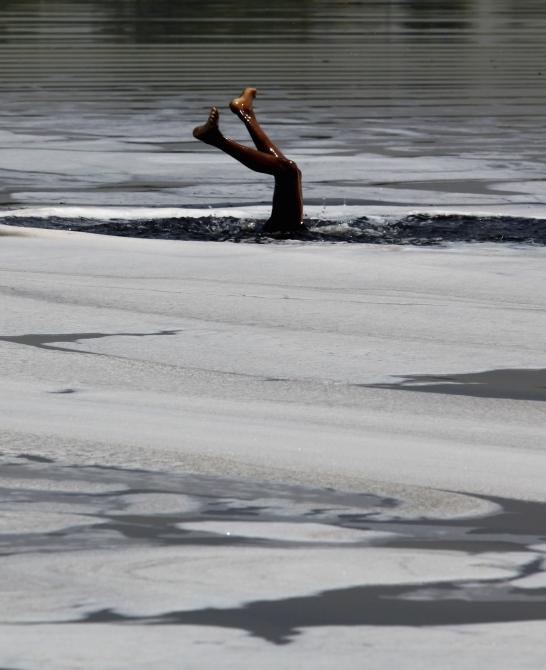
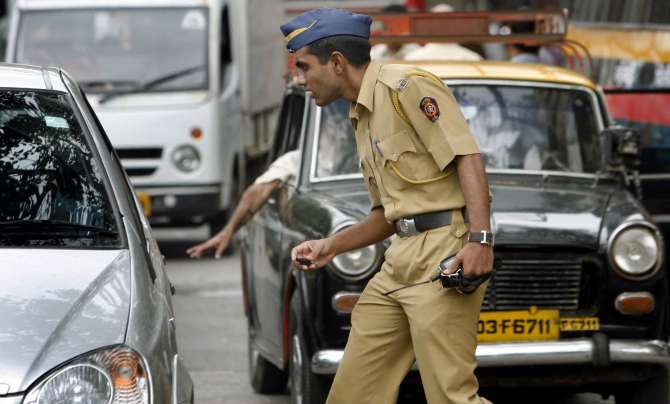
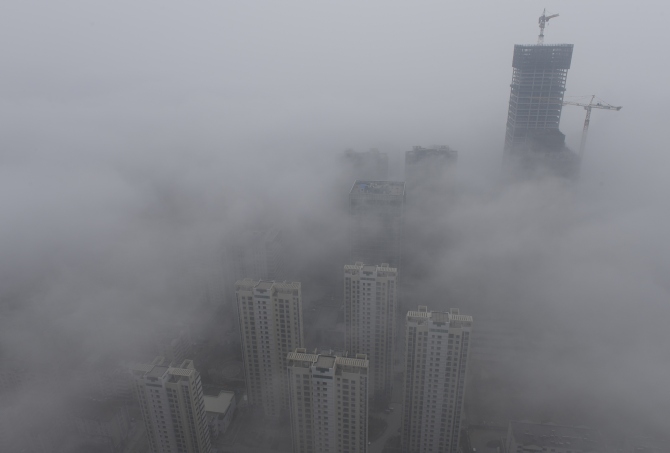
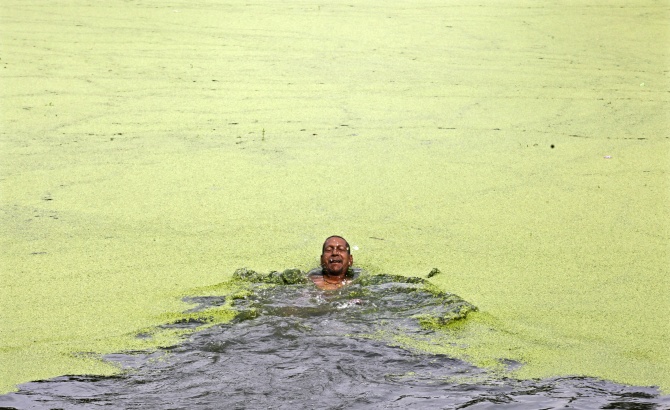
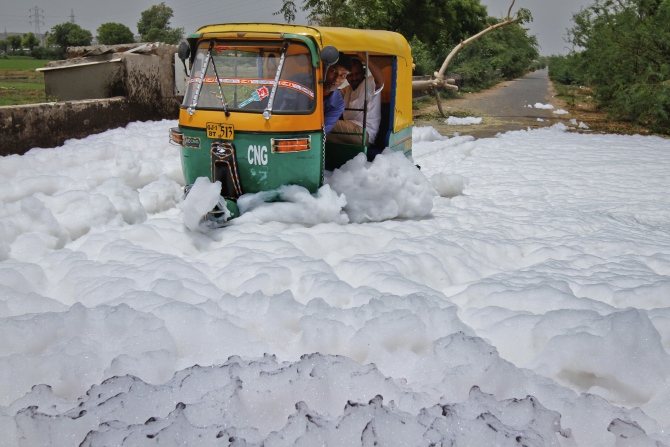
article